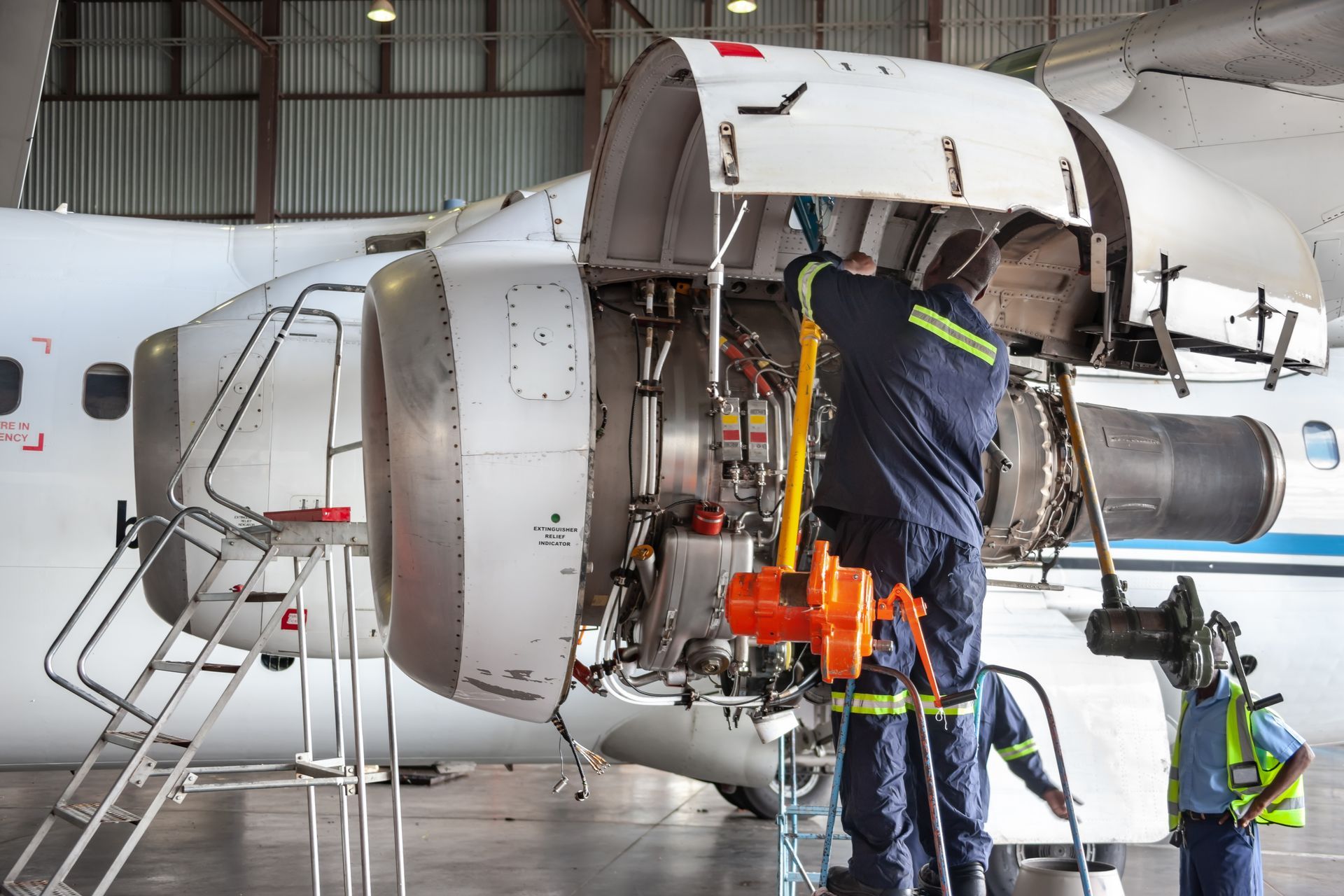Hiring Tips For Your Business
Hiring the right talent is one of the most critical decisions that any business owner can make across the Aerospace, Defence, and Space industries.
Successful organisations depend heavily on having the right people in the right seats, people who are dedicated, are qualified, can contribute the right skills, and engage in the shared vision to push your business forward. However, finding specialists for your business can be a daunting and time-consuming task, particularly in competitive markets.
To help business owners and internal talent teams navigate the hiring process and ensure that the right hiring decisions are made, the Meritus team have compiled a list of the top 6 things to consider when hiring for your business or project.
From identifying your needs to assessing cultural fit and creating a referral process, these strategies will guide you toward finding the correct candidate who will not only excel in their role but contribute to the overall growth and success of your business.
DO YOU KNOW WHAT YOUR BUSINESS ACTUALLY NEEDS?
Identifying what your business or project requires of a new hire is an important consideration when searching for top talent. Whether seeking a new Electrical Engineer or your next Cyber Security Analyst, taking time to clearly identify the gaps within your organisation, carefully assess the specific skills, qualifications, and experience required for the role.
By understanding the core competencies and attributes necessary, you can ensure that the job description is as accurate and as targeted as possible and streamline the hiring process. Starting with a comprehensive understanding of your business’ needs provides a strong foundation for successful hiring.
Meritus consultants offer a pre-recruitment service that assists business owners and hiring managers across the Aerospace, Defence, and Space industries to clearly identify what they should be looking for in a new hire. If your organisation needs assistance on job titles or the required skill set for a specific vacancy, please contact the team to find out how we can help.
HOW FLEXIBLE CAN YOU BE?
While not applicable to every vacancy, the ability to offer flexible working hours and remote work options has become more important to many candidates than ever.
Embracing a flexible working arrangement can effectively demonstrate a business’s commitment to promoting a healthy work-life balance whilst acknowledging the varied needs and preferences of each employee. Providing flexible working arrangements, such as working from home, flexi-time hours, training days, or staggered hours where appropriate can help to attract top talent who value autonomy and productivity. Flexible working arrangements also expands the available pool of potential talent allowing businesses to access a far wider range of skilled and qualified professionals who may not be able to commit to traditional working hours.
Adaptability and flexibility not only enhance employee satisfaction and retention but promote a culture of trust throughout an organisation.
LOOK FOR GROWTH
When searching for experts, it’s important for business owners to not only focus on immediate qualifications but to also consider the potential for growth within the organisation. While finding a candidate who possesses the exact skills and experience may seem like the most ideal thing to do, it’s equally crucial to identify individuals who demonstrate the capacity to learn and develop.
Don’t be discouraged by candidates who may be under qualified in some areas; instead assess their potential and willingness to learn, be mentored, and acquire new skills. Investing in candidates who show promise and long-term potential can lead to their professional growth and development and contribute to the future success of your business. Recognising and nurturing talent will allow business owners to create a dynamic workforce that continues to evolve and thrive.
CONSIDER CULTURE
Culture fit is a central aspect to consider when considering any new hire. Of course, qualifications and skills are important, but additionally finding someone who integrates and blends well with the organisation, company values, workplace dynamics, and the wider team contributes to a harmonious and productive work environment. Assessing these early on allows you, as a business owner, to encourage a positive and cohesive atmosphere.
CREATE A REFERRAL PROCESS
Talent knows talent. So, when seeking to hire for a position within your organisation why not utilise those who are already committed and understand the business? Implementing an internal referral process within your business comes with numerous benefits when looking for new talent. By encouraging your existing team to refer potential candidates, you’re able to tap into your employees’ networks and connections, expanding the reach of your recruitment efforts. This referral process not only widens the talent pool but also increases your chances of finding a candidate who aligns with the company culture and values, as they are vouched for by trusted colleagues.
Additionally, offering rewards and incentives for successful referrals boosts employee engagement and motivation, creating a sense of ownership and further investment in both the hiring process and overall success of the business. Leveraging the networks and knowledge of current employees can streamline the hiring process, attract high-quality candidates, and continue to ensure a collaborative culture.
WORK WITH AN EXTERNAL RECRUITER
Employing the expertise of an external, specialist recruitment agency to assist with the hiring process offers substantial benefits to any business owner or hiring manager and their organisation. Specialised recruitment agencies can alleviate the burden of recruitment by taking on the pressure from sourcing candidates and advanced screening, to shortlisting potential new hires.
With access to extensive networks and resources, recruitment companies can approach a much wider talent pool, enabling them to identify and attract qualified, vetted candidates who may not be as easily reachable through traditional channels. Reputable recruitment firms invest time in understanding a business’ values, culture, and specific hiring requirements. They ensure that any candidates presented have been thoroughly screened and align with the organisation’s vision and objectives. By entrusting the research and pre-screening steps to a recruitment partner, you save precious time and resources while gaining access to a carefully evaluated selection of qualified talent.
Hiring the right candidate is essential for any organisation but the process can present challenges and is oftentimes prolonged. Employing these steps, you can enhance your hiring process and increase your chances of finding the experts. Implementing the strategies, you can find exceptional candidates who will contribute to the growth and success of your business.
LET MERITUS HELP YOU SECURE YOUR NEW TALENT
Click here to speak to a Meritus consultant












